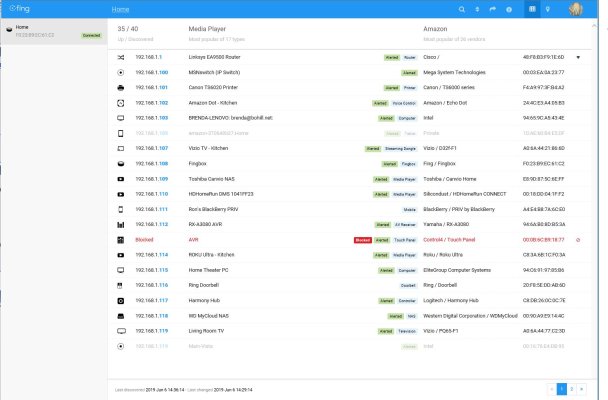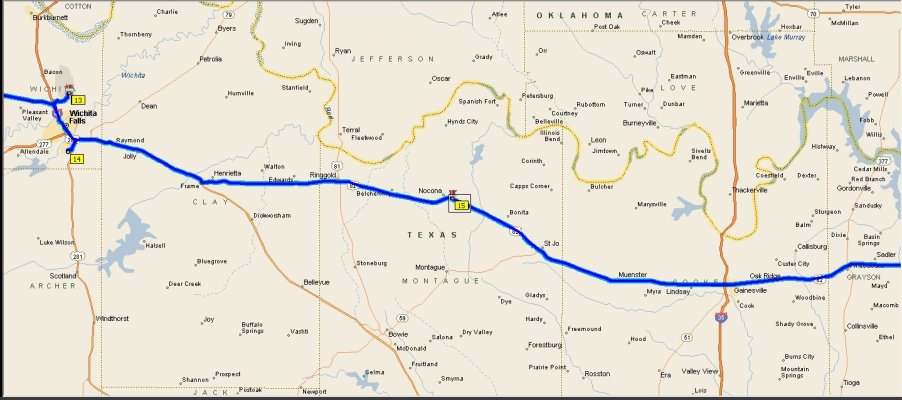Bloomberg: The Days of Getting a Cheaper Cable Bill by Threatening to Leave May Be Over.
https://www.bloomberg.com/news/arti...ating-your-way-to-a-cheap-cable-bill-are-over
"With internet service growing faster and more profitable, subscribers like May are becoming expendable."
"... cable executives are now focused on what they call “profitable” or “high-quality” video subscribers and less interested in cutting deals.”
"... “cleaning up the customer base” by letting go of subscribers who insist on keeping promotional prices when their contracts expire."
"As customers drop pay TV, cable companies will actually see their profit margins widen, ... Selling high-speed internet is far more profitable."
Nothing really new here, at least not to me. I've suggested that these changes are coming for several years now... Perhaps the only thing different about it now is that Cable company executives feel comfortable enough to be open and direct about it.
https://www.bloomberg.com/news/arti...ating-your-way-to-a-cheap-cable-bill-are-over
"With internet service growing faster and more profitable, subscribers like May are becoming expendable."
"... cable executives are now focused on what they call “profitable” or “high-quality” video subscribers and less interested in cutting deals.”
"... “cleaning up the customer base” by letting go of subscribers who insist on keeping promotional prices when their contracts expire."
"As customers drop pay TV, cable companies will actually see their profit margins widen, ... Selling high-speed internet is far more profitable."
Nothing really new here, at least not to me. I've suggested that these changes are coming for several years now... Perhaps the only thing different about it now is that Cable company executives feel comfortable enough to be open and direct about it.



